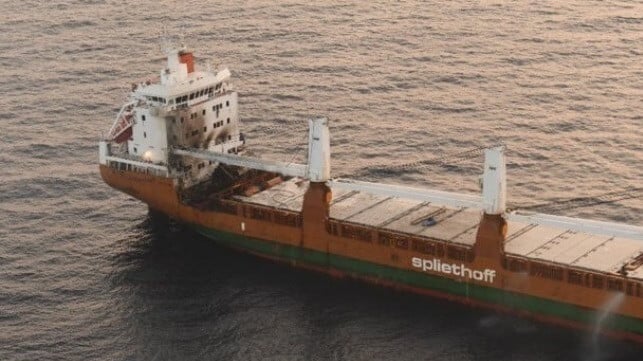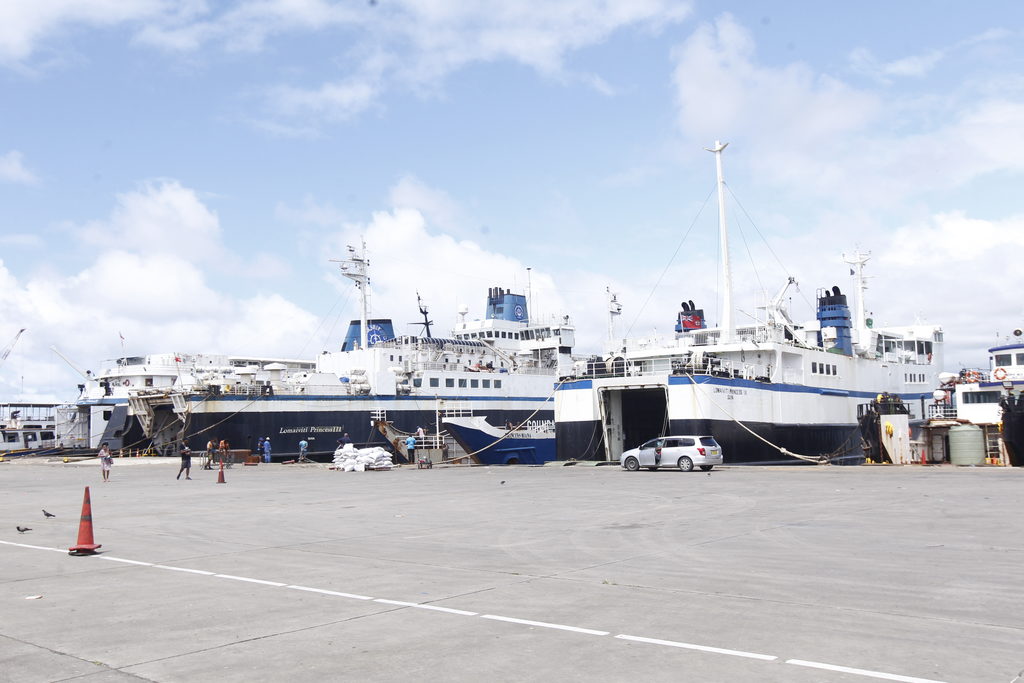A Filipino seafarer lost his life in a Houthi attack on the freighter Minervagracht, raising serious concerns about the adherence to maritime safety regulations. The head of the Philippines’ Department of Migrant Workers (DMW) stated that the crew was not informed of their right to disembark before entering the range of missiles in the conflict area. This incident highlights significant implications for seafarers’ rights as outlined in the Maritime Labor Convention (MLC).
Under the MLC, seafarers have the right to refuse assignments to war zones where they have not consented to go. The International Bargaining Forum (IBF) has classified the southern Red Sea, Bab el-Mandeb, and the Gulf of Aden as “warlike operations areas,” where this right is particularly applicable. To support this, the Philippine government has implemented domestic regulations that enhance the protections afforded to Filipino seafarers. This includes a provision allowing them to refuse to sail into dangerous areas without facing penalties. In cases of refusal, employers are mandated to provide two months’ salary and cover transportation costs for repatriation.
These regulations were established in response to the Red Sea crisis of 2024, and the DMW issued multiple circulars advising shipowners to avoid these high-risk regions while reiterating the necessity of compliance with Filipino laws concerning crew rights. The most recent guidance was issued in July.
Migrant Workers Secretary Hans Leo Cacdac reported that the Filipino crew aboard the Minervagracht was seemingly denied the opportunity to exercise their rights as per these regulations. Allegedly, the ship’s operator failed to notify the DMW about the planned transit through the warlike area. Cacdac emphasized that the crew was not questioned or given the chance to refuse boarding the vessel before its passage through the Gulf of Aden.
In light of this tragedy, Cacdac traveled to Djibouti to assist the victim’s family in repatriating the remains. Meanwhile, the ship’s operator, Spliethoff, countered that they had, in fact, consulted the crew and provided them with the option to refuse passage through the conflict zone, claiming adherence to standard policy. The company further expressed concern regarding the DMW’s claims and is seeking engagement to clarify procedures and compliance with the necessary protocols.
This incident underscores a critical need for better communication and adherence to safety protocols in maritime operations, particularly in high-risk areas. It also highlights the ongoing challenges faced by seafarers, especially in terms of ensuring their rights and safety amidst geopolitical tensions. With the Philippines being a major source of seafarers worldwide, the enforcement of these regulations is crucial not only for the protection of Filipino sailors but also for maritime labor standards globally.
Source link










